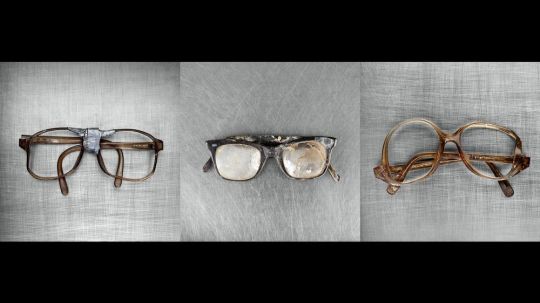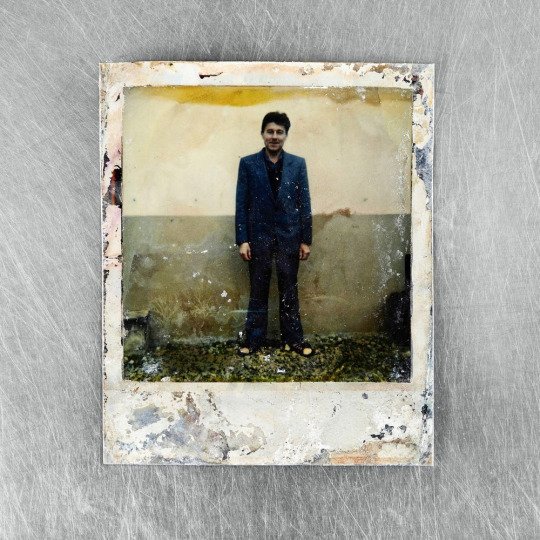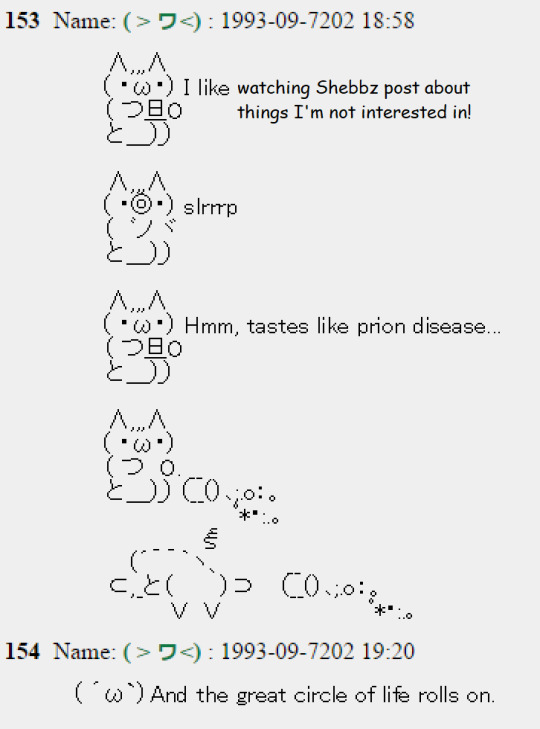#vietnam booking
Explore tagged Tumblr posts
Note
fluff are u rich or summ you're always on vacation I swear
my dads head explodes if we don't go on vacation once every 4 months
#ask#not my dad coming back from vietnam at march and immidetly booking a plane ticket for this june#this japen trip was also arranged within 3 hours on mothers day cause he said ���instad of cake and stuff we should go to japen”
185 notes
·
View notes
Text
microinfluencing you to read To Serve God and Wal-Mart: The Making of Christian Free Enterprise by Bethany Moreton 🌀🌀🌀🌀🌀🌀🌀🌀 microinfluencing you to read Homeward Bound: American Families in the Cold War Era 🌀🌀🌀🌀🌀🌀🌀🌀 microinfluencing you to listen to Behind the Bastards 6-part Henrey Kissinger podcast episodes 🌀🌀🌀🌀🌀🌀🌀🌀🌀🌀🌀 Ooooh you wanna get mad with me about how little u.s. policy has changed in the last 70ish years sooo baadddd
#adddna#I cant remember the name of the book detailing american occupation in vietnam or id say that one too#ill have to dig thru my old files.........
74 notes
·
View notes
Text
Darry and Ponyboy making Soda's favorite dish and making everything nice for him...
Just to find out he died in Vietnam the month before.
(ㆁωㆁ)
#sodapop curtis#soda died in Vietnam#another sad thing#ponyboy was so happy to see him#steve went insane#dallas winston#ponyboy curtis#steve randle#the outsiders#two bit mathews#the outsiders sodapop#the outsiders steve#the outsiders hcs#the outsiders headcanons#the outsiders movie#the outsiders johnny#the outsiders 1983#the outsiders book#the outsiders au#sodas fucking dead#johnny cade#c. thomas howell#rob lowe#patrick swayze#matt dillon#emilio estevez#tom cruise#ralph macchio
134 notes
·
View notes
Text




Only Friends Fanmeeting Vietnam
Source: GMMTV IG and Fan’s Twitter
05/07/2025
#the boys minus Force who will join later on the way to Vietnam#ahhhhhh they look so good 😊 🫠#khaotung thanawat#first kanaphan#firstkhao#firstkhaotung#book kasidet#mark pakin#Neo Trai#OF Fanmeeting Vietnam
64 notes
·
View notes
Text







Quest for Identity: #SREBRENICA
“In all their simplicity, these items are the last resort of identity, the last permanent reminder that these people ever existed.” A stark but powerful tribute to the victims of the Bosnian War.
Photographs and text by Ziyah Gafic
We first discovered this work after it was submitted to the Visual Storytelling Awards 2014. Although it was not chosen as a finalist by the jury, the editors of LensCulture were moved by its simplicity and power. In honor of this year’s Visual Storytelling Awards—and to inspire other visual storytellers—we have decided to publish this feature article.
These are simple objects: clocks, keys, combs, glasses. They are the things that victims of genocide in Bosnia carried with them on their final journey. This was the first act of genocide on European soil since the Holocaust.
During the four years of conflict that devastated the Bosnian nation in the early 90’s, approximately 30,000 citizens went missing. Most of them were killed in the early days of the war and towards the end of hostilities, when UN safe zones like Srebrenica fell into the hands of the Serb Army. As part of the process of identifying those who disappeared, personal belongings found with the victims remains have been collected by the International Commission on Missing Persons. The main goal is to identify those lost in the killings—no body should remain undiscovered and unidentified.
#srebrenica#genocide#bosnia#bosna i hercegovina#2024#Paris#olympic#olympic games#OLYMPICS#artists on tumblr#illustrator#war#world war II#vietnam war#civil war#war crimes#drawing#news#book
49 notes
·
View notes
Text
In every modern interview with Linnell he's like wait let me google that (googles it) I don't remember what it's called, but (googles it) Interesting, Interesting let me look that up (googles it) I think that's what it is but let me check to be sure (googles it)
#fact checking realness#every time he says he needs to google something that one pic of him on the laptop beams into my head#its also really interesting when you think about the fact he didnt know what the Longines Symphonette was#or that peru was opposite to vietnam or that nightgown of the sullen moon was a book that existed#but just rolled with all those anyway lol#ah technology
25 notes
·
View notes
Text
You ever be totally immersed in a story and then you come across a line about a subject and you realize you know more about this subject than the author and what the author wrote down was completely wrong and it's not even that the author didn't do research so much as the author didn't even think this was something that even needed to be researched? And it drives you absolute cuckoo bananas?
#pretty sure vellum is pretty flame resistant since it's leather and not paper#why are you doing this to me Phong Nguyen#also I'm less clear on this point I'll have to look up the history of manuscripts but did first century Vietnam even have vellum books?#like Asia had access to tree paper well before Europe did i think parchment and vellum were European in nature#after the decline of the papyrus trade following the collapse of the Roman empire#and needing something that was more durable in wetter climates than the Mediterranean anyway#i know europe got tree paper from China (possibly via Türkiye? idr) but i don't know if europe exported vellum and parchment#given the advent of tree fiber paper in Asia it doesn't seem like there'd be much need for vellum manuscripts in 1 C.E Vietnam#*first century C.E not 1 C.E#wait a minute#did EUROPE even have vellum by First Century C.E??#i.. i have to go look this up now wtf...
56 notes
·
View notes
Text
I'm reading an Aubrey-Maturin book again (Post Captain), and after having watched the Hornblower TV series, I think I have a new appreciation for Patrick O’Brian's choice to give the patriotic Royal Navy himbo main character a best friend who’s an ex-member of the United Irishmen. Is it the most historically likely thing? Probably not, but man, nothing makes me appreciate a non-imperial perspective in a work of fiction like experiencing a similar story that didn't have one.
#the way Hornblower (character and series) absolutely do not examine the implications of empire at all#especially with regards to the Haitians and the Irish#the lack of any kind of empathy may be historically accurate but my god is it jarring#and I wonder if some of that has to do with the Hornblower books being written in conformist mid-20th century America#while the Aubrey-Maturin series was started in the 1970s#when Vietnam and Northern Ireland and other colonial conflicts would have been front and center#but that's just a guess#aubreyad#hornblower#can you tell Hornblower gave me psychic damage lol
49 notes
·
View notes
Note
shebbz i just want to say that you are single-handedly convincing me to watch mash... i know nothing about the show but ur chipping away at my brain like a misfolded protein

just make sure you watch it without laugh tracks
#it premiered in 1972 so don't expect 21st century moral sensibilities but it really was groundbreakingly counterculture#the hayes code ended 1968 and the vietnam war was on tv every night and to be adamantly anti-war was HERESY#which unfortunately makes a lot of parts of it sadly evergreen bc it feels like there will always be a war on tv you can't protest#whether or not every last facet of it still holds up it's very important to appreciate what worked and the effects it had#that goes with all ''old'' shows/movies/books as i'm sure i've said a million times while frothing about star trek or 20k leagues etc#shebbz shoutz#mash#shebbz editz#ask#we got another one lads
71 notes
·
View notes
Text
Hilda comics are now officially available in Vietnam!

As a huge Vietnamese fan, I feel like this is a dream too good to be true, but... it's here!
5 years ago, when I started getting into Hilda, I'd never think I'll be where I am now.
I didn't even think I'd be able to find people in my country who have the same interest in the show, given how it was not available officially on Netflix in the first place.
Then I've found a small team of people, and we later formed a small community within our cartoon / movie groups. Many of our posts regarding Hilda gained quite some traction. We just thought maybe letting people knowing about the show is more than enough.
Earlier this year, a local publisher reached out to our team and informed us about bringing the comic here. Until the day we saw the review copies, we almost thought someone was pulling a prank on us.
Even though the Netflix series is still not officially available due to the lack of subtitles / audio for our language, this is a great start for us to help Hilda reach wider audiences here, and we'll continue to do our best to help Hilda become known across the nation.
#hilda#hilda the series#hilda netflix#cartoon#netflix#hilda comic#comic#vietnam#graphic novels#books
47 notes
·
View notes
Text
“‘Peace of mind is not a simple matter of persuing one’s own pleasure; rather, it is inextricably linked to the attitudes of other human beings, to what they want, to what they expect.
The real issue is how to find felicity within limits. Within the context of our obligations to other people. We all want peace. We all want dignity and domestic tranquility. But we want these to be honorable and lasting. We want a peace that endures. We want a peace we can be proud of.
Even in imagination, we must obey the logic of what we started. Even in imagination we must be true to our obligations, for even in imagination, obligation cannot be outrun. Imagination, like reality, has its limits.’”
— Tim O’Brien, Going After Cacciato
#tim o’brien#tim obrien#going after cacciato#book quote#book quotes#novel quote#novel quotes#anti war#vietnam#vietnam war
27 notes
·
View notes
Text
i rbed something as a joke yesterday about jean being dyslexic but i've been thinking about it all day and now i think it's cute and real. (heavy french accent) kévi what does zis say
#ITS CUTE AND YOU KNOW IT .....#kevin: it says borders collide jean: but i read border collie? kevin: BORDERS COLLIDE#you know?#jean: me when im dyslexic and on my second language so id rather kill myself than read a book in english#hes that person who thought they had an alarm for their vitamins but turns out they had an alarm with vietnam instead#jean: time for ze vitamins jeremy: whyd you write down vietnam jean: Time for ze vitamins#jean is not even a real boy to me hes like snoopy#txt#jean
46 notes
·
View notes
Text






Home (2) (3) (4) (5) (6) by Nguyen Thanh Nhan
#inside a room#on the desk#potted plants#cats#tiles#domestic landscape#books#golden light#benches#fruits#vietnam
11 notes
·
View notes
Text




Enjoy your time boys!
Source: Book’s IG
Only Friends Fanmeeting Vietnam
06/07/2024
#in Book we trust#cause our boys sure won’t update us otherwise lol#khaotung thanawat#first kanaphan#firstkhao#firstkhaotung#mark pakin#book kasidet#Neo Trai#Only Friends Fanmeeting Vietnam
20 notes
·
View notes
Text

Yes, he is wanted...#WarCriminalNetanyahu
Published first in Mondoweiss #Gaza #Palestine
Art: Carlos Latuff
#Carlos Latuff#art#artists#cartoon#caricature#politics#benjamin netanyahu#crimes against humanity#war criminals#congress#gaza#palestine#free gaza#free palastine#paris 2024#2024#Paris#olympic#olympic games#OLYMPICS#artists on tumblr#illustrator#war#world war II#vietnam war#civil war#war crimes#drawing#news#book
25 notes
·
View notes
Text
The Son of Poseidon

I just made some blue cookies, reread The Lightning Thief, and listened to the musical again. I feel like I’m in middle school again and it just makes me feel so nostalgic. Vietnamese Percy propaganda again you cannot escape Viet Percy… ever.
#percy jackson#percy jackon and the olympians#percy jackson fanart#percy jackson books#book percy jackson#vietnam#vietnamese#vietnamese culture#Vietnamese percy is real guys I literally dreamt about it last night and Rick Riordan said I make a great Vietnamese Percy
45 notes
·
View notes